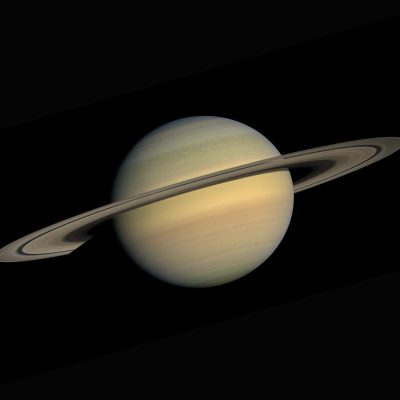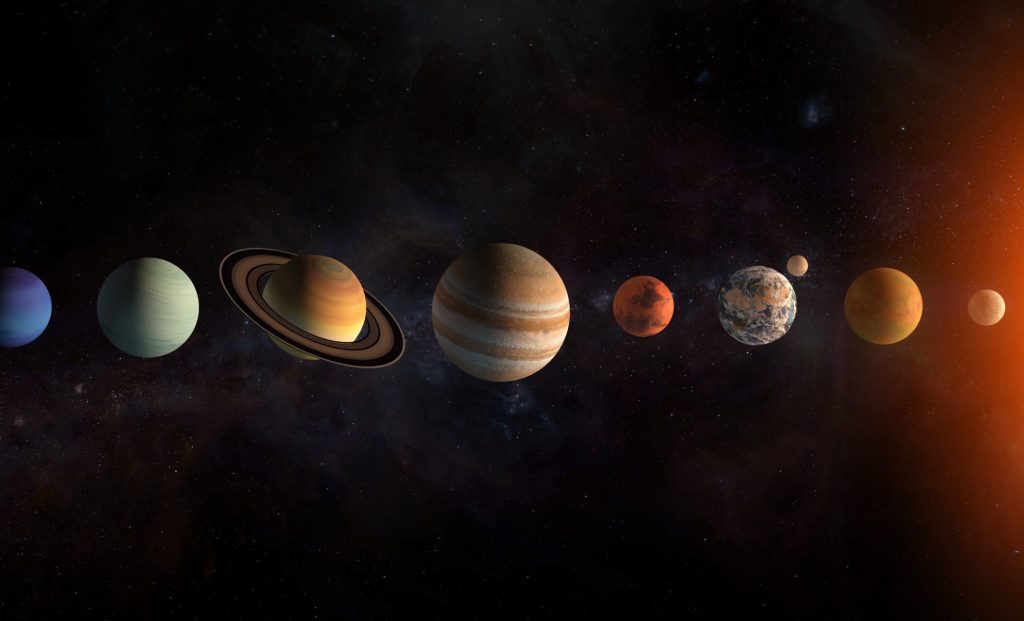Trivia: How many planets are there in our Solar System?
Answer: 8 planets.


With the updated data, the total number of planets in our solar system is currently 8. Here’s a list of all the 8 planets:
- Mercury
- Venus
- Earth
- Mars
- Jupiter
- Saturn
- Uranus
- Neptune
So how did this update help in reducing the total number of planets? Pluto (minor planet classification) was downgraded to a dwarf planet by IAU (International Astronomical Union). Pluto is a dwarf planet along with Ceres and Eris.
As we know it today, the Solar System as a collection of the Sun and all the objects that orbit it — 8 planets, thousands of dwarf planets, and trillions of comets and asteroids — emerged in its modern form only within the last half billion years.
The space is made up of lots of objects. So having 8 planets is enough to fit the bill. After all, there are at least 100 billion galaxies in the observable universe, so it’s not like we’ve still got room for more planets.
The difference between a planet and a dwarf planet is that—planets have sufficient gravity to clear their orbital area of other celestial objects, and a dwarf planet has not cleared its orbital zone.
A planet can be differentiated from a Brown Dwarf Star by the following conditions:
- It must be in hydrostatic equilibrium
- Must have cleared the neighborhood around its orbit
- Mass must be below the limiting mass for thermonuclear fusion of deuterium
- Must be above the minimum mass/size requirement for planetary status in the Solar System
A planet is a celestial body in orbit around a star, has enough mass to assume a nearly round shape, and has “cleared the neighborhood” within its orbital zone. The Earth and 7 other planets (Uranus, Neptune, Jupiter, Saturn, Mars, Venus, and Mercury) have been recognized officially as planets by the International Astronomical Union since 2006.
While the sun, the moon, and other planets in our solar system were known since ancient times, moving objects such as asteroids and comets within the solar system were not discovered until much later.


